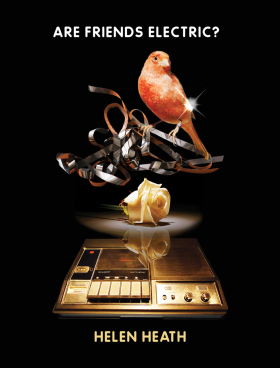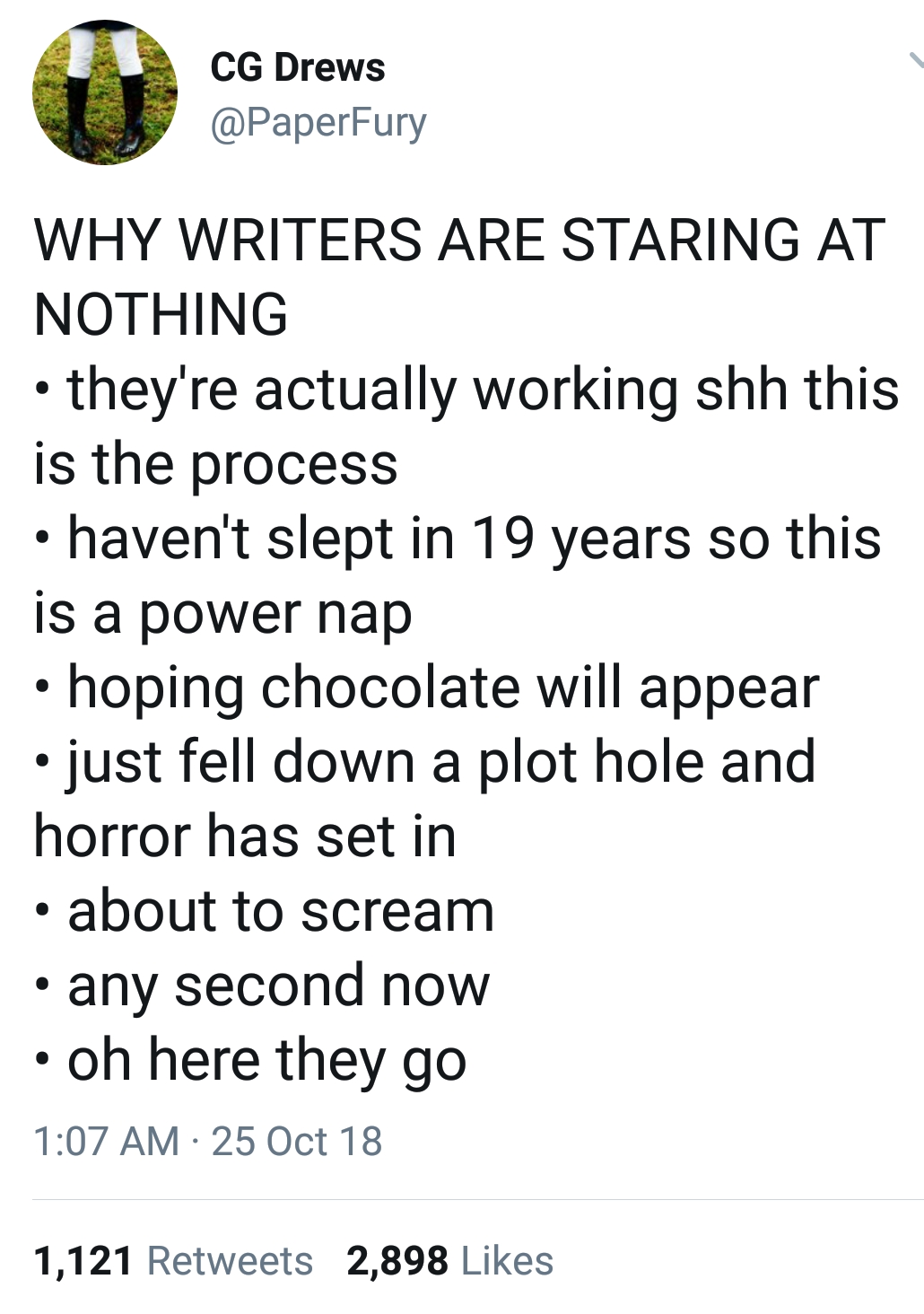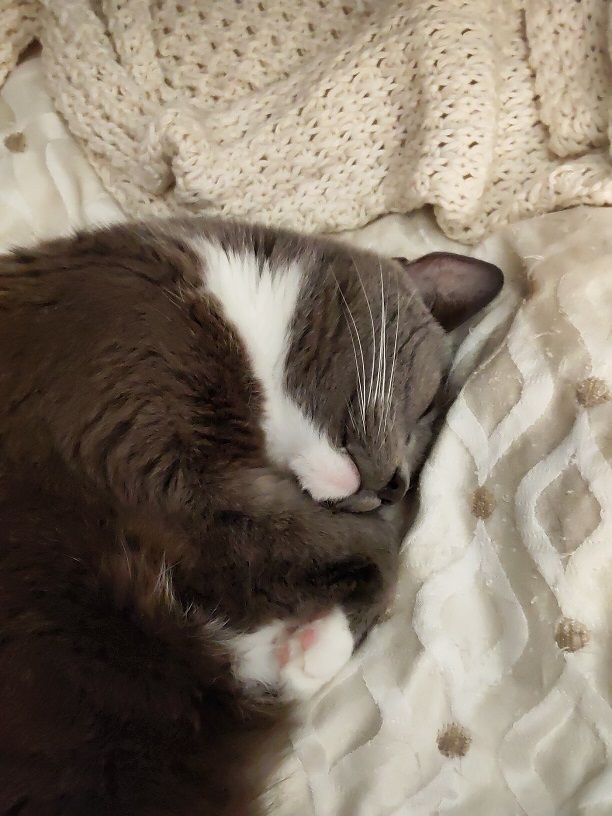Found poems, sex dolls, drugged cats and robots – just another day, really.
I reviewed Helen Heath’s Are Friends Electric? for BooksellersNZ earlier this year, so was excited to see her name on the bill in the Nelson Arts Festival, firstly on a panel about robots (which I wrote about here), as well as hosting a masterclass on found poetry. I signed up immediately.
‘Are Friend’s Electric?’ draws on a raft of resources, from documentaries on people falling in love with inanimate objects, to exploring the history of our fear of robotic and technical progress. The workshop offered a chance to hear Helen talk about her process and the techniques she used to write the book.

We had homework to do beforehand – find a piece of prose online, no more than two pages, that included a section of dialogue. I found this surprisingly challenging, but ended up selecting a section of Stephanie de Montalk’s essay ‘The Vendor of Happiness’. It’s an incredible work in which de Montalk conjures an imagined conversation with Alphonse Daudet, who died in 1897 after writing In The Land Of Pain. The essay was originally published in Sport in 2014 and was the first thing of Steph’s I’d ever read. Her own phenomenal treatise on pain, How Does It Hurt? came out not long after.
In my review of Are Friends Electric? I talked about Helen’s use of footnotes; many of which describe the poem as found or remixed and name the original source. “She willingly shows her workings,” I wrote. “instead of jealously guarding her process, she proactively answers that ridiculous question; ‘Where do you get your ideas?’”
“I don’t see the point in writing about something that doesn’t really excite you; that doesn’t get right down into the base of your spine.” – Helen Heath
An author’s ‘workings’ are never going to be entirely obvious. No one will know how many hours of research you’ve done, how many times you’ve written and rewritten something, how often you curled crying into a corner (just speaking personally). The concept of ‘death of the author’ is thus; the work must stand on its own. However, getting the chance to hear the amount of research, labour and creativity went into this work made it that much more rich, for me. I couldn’t help myself; I asked Helen, (as I’m sure she’s been asked many times before), what she thought about the work that goes into a found poem in comparison to the work that goes into “something that springs from your own genius” – her words.
Her response was that nothing exists in a vaccuum. We’re all influenced, we all takes bits from here, bits from there. That’s not to say, I don’t think, that nothing is truly original. But it’s disingenuous to suggest you were never influenced by anything. Helen likened the pieces of work that went into her own – articles, interviews, documentaries – to paint. They are the media, but through her skilled brush, they form something else entirely.

My process looks more like this
Helen described six techniques she used to find her way into the found materials: Narrative, Extended Metaphor, Monologue, Straight Found Poem, Randomisation, and Imagined Leap. After explaining each and reading examples from the book, she handed back the pieces of pose we’d sent in, with a suggestion of which technique to use written on the top. We then had twenty minutes to play with the work.
My technique was Monologue – an approach where you take different sections of the material and condense them. The words stay the same, but you select and compact.
I began underlining sentences with gusto. It felt a little weird to cut up one of my favourite author’s work, but I was very interested in the exercise. I felt I was getting somewhere when, just as I was copying out the words ‘How do you write?’ (a question Daudet asks de Montalk in response to her description of the pain she lives in) – my pen ran out. Usually, I have many spares, but the previous day, I had to fast my cat overnight so I could sedate her before taking her to the vet. She didn’t take kindly to the removal of the foodbowl, and retaliated by pawing me in the face most of the night. In my sleep-deprived state, I tripped over the drugged cat and spilled my coffee – straight into my handbag. Long story short – spare handbag, no extra pens. It felt oddly meaningful that, during a discussion on how one could write when one’s resources are sapped by pain – my ink slowly faded out.
In any case, I had to leave then to make another appointment, and I’m embarrassed to report I have yet to make to back to the half-finished something that might become a poem.
I’m gonna go ahead and blame the cat.

Completely unrepentant
